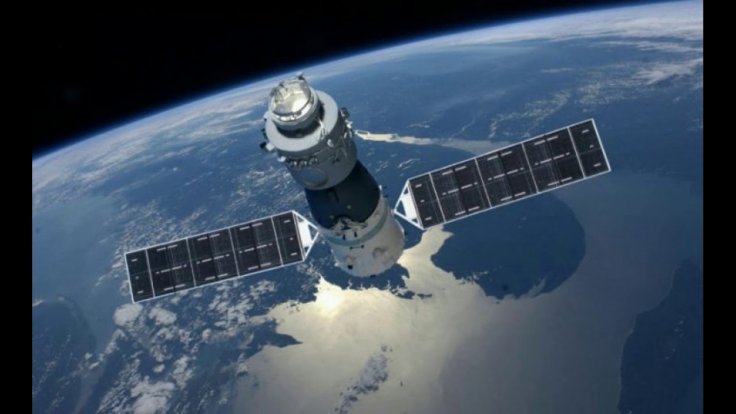
As public fear regarding the uncontrolled hit of Chinese spacecraft 'Tiangong-1' escalates, China has come forward and made it clear that their first unmanned space laboratory is falling to our planet in a very controlled manner.
Zhu Zongpeng, a senior scientist with the China Academy of Space Technology revealed that the space laboratory will enter the atmosphere in the first quarter of this year, and it is not posing a safety risk to our planet.
Zhu Zongpeng told the state-sponsored Science and Technology Daily newspaper that the Chinese Space Agency is continuously monitoring the trajectory of 'Tiangong-1'.
Zhu made it clear that most of the space laboratory will burn up once it enters the atmosphere, and the remaining wreckage will fall in a designated area in the sea. The newspaper report also stated that the re-entry was delayed in September 2017, so that the wreckage will fall precisely in an area in the South Pacific Ocean where countries like Russia and the United States have dumped their space debris.
Public panic escalates
Even though China has assured control over the space laboratory, most of the general public, especially those who live in the Western Countries, are not ready to believe the claims made by the Chinese Space Agency. They believe that the hit of Tiangong-1 in a densely populated area will bring mass destruction.
Earlier, Aerospace Corporation, a California based non-profit group claimed that the Chinese space laboratory is out of control, and chances are unlikely that the space agency will regain control of it during the time of re-entry. But Aerospace Corporation also made it clear that the chances of having a hit in populated areas are pretty less.
Tiangong-1 was launched in 2011, and through this launch, the country aimed to overpower other space leaders like the United States and Russia. The space laboratory was supposed to end its operation in 2013, but the Chinese Space Agency decided to extend its lifespan for another couple of years, which has now finally resulted in this panic situation.









